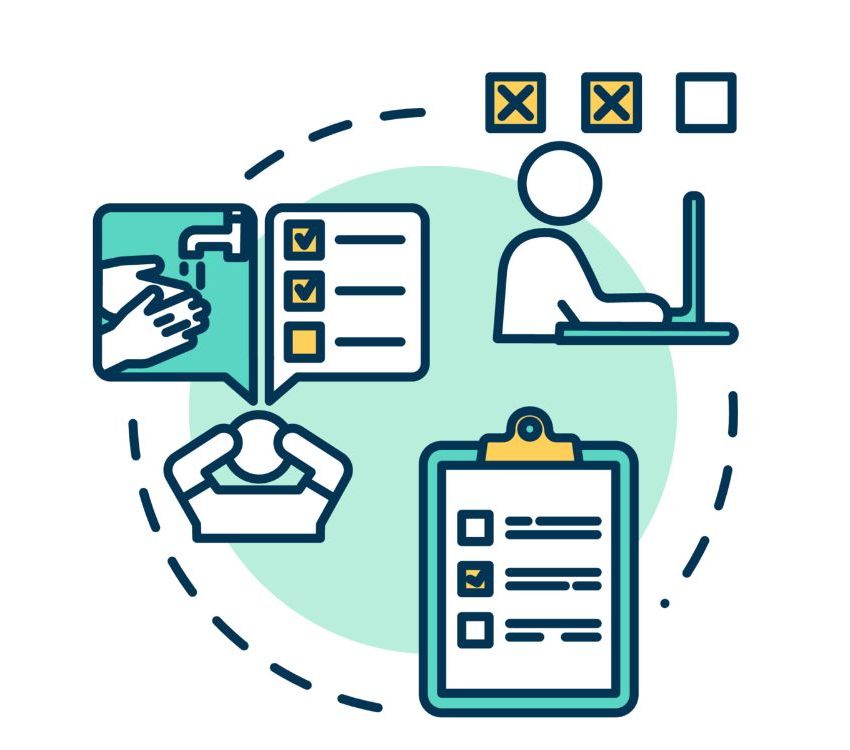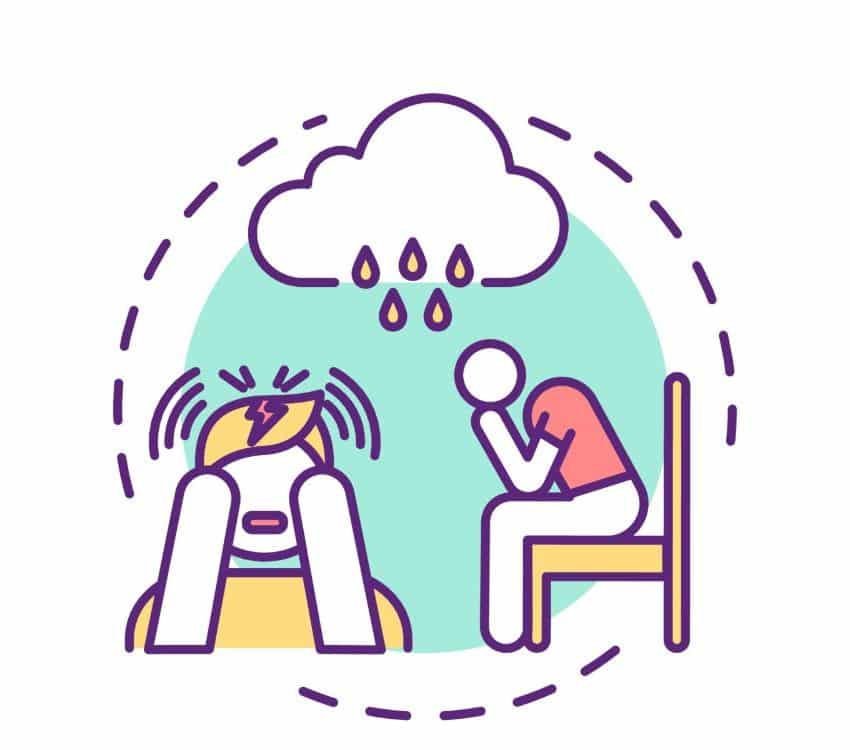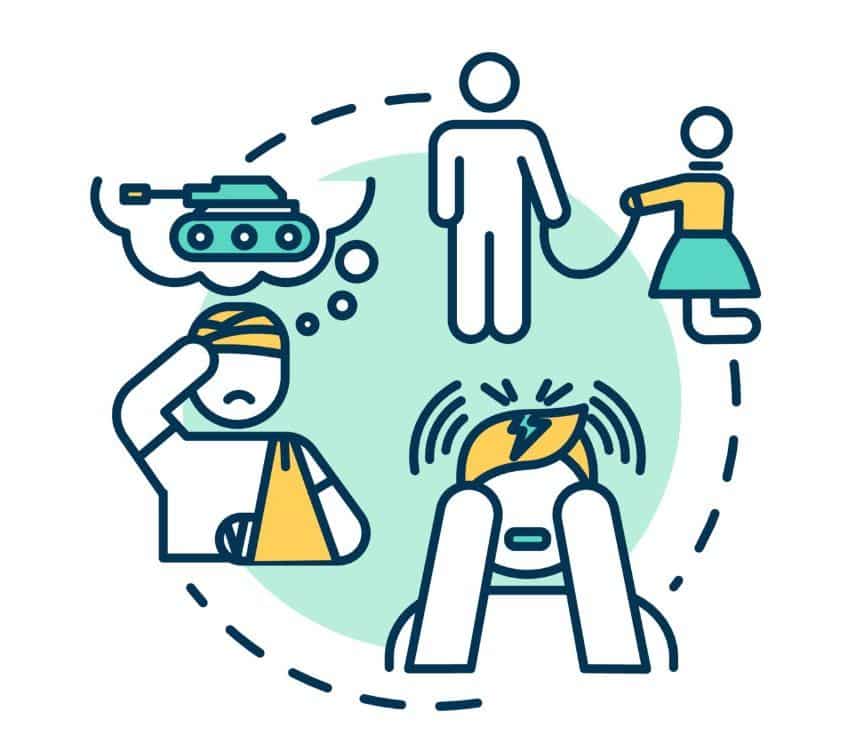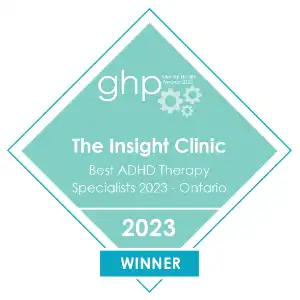Parenting with Purpose: ADHD Solutions for a Brighter Future
ADHD and your family
It’s critical to comprehend how your child’s symptoms affect the entire household before attempting to raise an ADHD child. Numerous behaviors shown by children with ADHD can cause havoc in the home. Parents’ instructions are frequently not “heard” by them, hence they are disregarded. They cause delays for other family members since they are clumsy and often distracted. Alternatively, they begin tasks and neglect to complete them, let alone tidy up after themselves.
Impulsive children frequently cut off other people’s discussions, ask for attention when it’s not acceptable, talk without thinking, and utter offensive or tactless things. Getting children to bed and to sleep is frequently a challenge. Children with excessive energy may damage things around the house or even endanger themselves.
Tip 1: Maintain a positive parenting attitude.
The mental and physical well-being of your child is mostly determined by you as their parent. Many of the things that might favorably impact your child’s disorder’s symptoms are under your control.
Retain a cheerful disposition. Your common sense and upbeat attitude will work wonders in supporting your child as they navigate the difficulties presented by ADHD. Being composed and concentrated yourself might help you connect with your child and encourage them to be composed and focused as well.
Remain realistic. Recall that there is a condition linked to your child’s conduct. It’s not deliberate most of the time. Keep your sense of humor intact.
Have faith in your child. Consider listing all of your child’s excellent, valued, and distinctive qualities, or write them down. Have faith in your child’s ability to grow, learn, adapt, and achieve. Every day, when you’re making coffee or brushing your teeth, reiterate this faith.
Ask for help. You don’t have to raise a child with ADHD alone, which is one of the most crucial things to keep in mind. Consult with your child’s physicians, therapists, and educators. Become a member of a formal support group designed for parents of ADHD children. These communities give a secure space to express emotions and share experiences, as well as a venue for giving and receiving advice.Take pauses. While it’s great if friends and relatives are willing to watch your kids, you could feel bad about leaving your ADHD child behind or the volunteer with your child. The next time, take them up on their offer and have an open discussion on how to raise your child.
Tip 2: Establish a routine
When assignments are given to children with ADHD in regular locations and routines, they have a better chance of being completed. It is your responsibility to establish and maintain order in your house so that your child understands expectations and what is expected of them.
Tips for helping your child with ADHD stay focused and organized:
Maintain a schedule. To assist the child with ADHD comprehend and comply with expectations, it’s critical to establish a time and location for everything. Set up easy, dependable routines for play, schoolwork, food, and bedtime. Before going to bed, have your kid set out their clothing for the following morning and make sure that everything they need to bring to school is ready to go in a designated spot.
Employ timers and clocks. Think about putting clocks all throughout the home, preferably a large one in your child’s bedroom. Give your kids adequate time to complete their tasks, including their schoolwork and morning preparation. Set a timer for school assignments or periods of transition, like when you’re wrapping up a game and going to bed.
Make your child’s routine simpler. While it is a good idea to limit idle time, an abundance of after-school activities may cause a child with ADHD to become more preoccupied and “wound up.” Depending on the skills of each kid and the requirements of specific activities, you might need to modify the child’s after-school schedule.
Establish a calm area. Make sure your child has a quiet, private room of their own. As long as it’s not the same location where the child goes for a time-out, a porch or a bedroom work well.
Try your utmost to maintain order and neatness. Arrange your house in a systematic manner. Make sure your child understands that everything has a purpose. Set a good example by being as tidy and organized as possible.
Enroll your child in music, art, or sports. Plan easy things for your kids to do while they’re at home. These may include creating a picture, playing a board game with a sibling, or assisting you in the kitchen. Try not to spend too much time watching TV or playing video games on your computer. Regrettably, the violent content of TV and video games may exacerbate your child’s ADHD symptoms.
Tip 3: Encourage activity and sleep
Kids with ADHD frequently have a lot of energy. Participating in organized sports and other physical activities can help children focus on certain abilities and motions while letting off steam in a healthy way. There are countless advantages to physical activity, including increased focus, lowered anxiety and depression, and enhanced brain development. The fact that exercise promotes improved sleep, which in turn might lessen the symptoms of ADHD, is crucial for kids with attention problems. This is usually characterized as Play Thearapy
ADHD and Sleep
While getting too little sleep may affect anyone’s ability to pay attention, children with ADHD may suffer greatly from it. Children diagnosed with ADHD should sleep for at least as long as their classmates without the disorder, but they often don’t. Their inability to focus might result in overstimulation and difficulty sleeping. The best way to tackle this issue is to have a regular, early bedtime, albeit it might not be fully resolved.
Try implementing one or more of the following techniques to assist your child in getting better sleep:
- Reduce the amount of time your child spends watching television and boost their daily activities and exercise.
- Take caffeine out of your child’s diet.
- Establish a buffer period to reduce activities for about an hour before bed. Look for calmer pastimes like coloring, reading, or silent play.
- Spend 10 minutes holding your little one. This will give them a sense of stability and affection and give them some time to decompress.
Use Safe and Sound Protocol, which helps stabilize the vagus nerve through music to help your kids relax and sleep well.
Tip 4: Set clear expectations and rules
Kids with ADHD require clear, consistent rules that they can comprehend and adhere to. Establish clear and uncomplicated family rules for behavior. Put the rules in writing and hang them up where your kid can see them.
Systems of incentives and penalties that are well-organized seem to work especially effectively for children with ADHD. It’s critical to outline the consequences for both following and breaking the rules. Lastly, adhere to your system: apply a reward or a punishment on each and every occasion.
Remember that kids with ADHD get criticized a lot when you set up these regular routines. Keep an eye out for positive conduct and give it recognition. For kids with ADHD, praise is especially crucial because they usually don’t receive much of it. These kids get complaints about their conduct, remediation, and discipline, but not much positive reinforcement.
Your smile, encouraging word, or other reinforcement can help your ADHD child with focus, attention span, and impulsive control. Try your hardest to concentrate on complimenting proper conduct and work completion, and try to respond negatively to inappropriate behavior or subpar task performance as little as possible. Give your child praise for little accomplishments that you would consider insignificant in another child.
Tip 5: Maintain a Healthy Diet
While food does not directly cause attention deficit disorder in children, it may and does have an impact on their mental health, which in turn appears to have an impact on behavior. ADHD symptoms can be lessened by keeping an eye on your child’s diet and making adjustments to what, when, and how much they consume.
Fresh meals, regular mealtimes, and abstaining from junk food are beneficial for all children. These principles are particularly important for kids with ADHD, whose impulsivity and inattentiveness can result in overeating, disordered eating, and missing meals.
Plan healthful meals or snacks for your kids that are spaced no more than three hours apart to avoid bad eating habits. A kid with ADHD needs to eat healthily on a regular basis for physical reasons, and mealtimes are important breaks and routines for mental health.
- Get the unhealthy food out of your house.
- While dining out, avoid consuming dishes high in fat and sugar.
- Mute TV programs that are overflowing with advertisements for unhealthy eating.
- Give your child a daily multivitamin including vitamins and minerals.
Tip 6: Help them make friends
Children with ADHD frequently struggle with social expectations like making friends. They could have trouble interpreting social signs, talk excessively, cut others off a lot, or come out as hostile or “too intense.” Because of their relative emotional immaturity, they may stand out from other kids their own age and become the focus of bullying.
Enhancing social skills in a kid diagnosed with ADHD
Children with ADHD may find it challenging to pick up social norms and abilities. It is possible to assist your child with ADHD in developing better listening skills, understanding facial expressions and body language, and improving group interaction.
- Talk to your child in a kind yet sincere manner about their difficulties and how they might improve.
- Play pretend in a variety of social situations with your child. Try to have fun and switch roles frequently.
- Choose playmates for your child carefully, making sure they have comparable language and motor skills.
- At the begin, merely invite one or two people at a time. Maintain a strict eye on them as they play, and there is no tolerance for pushing, hitting, or screaming.
- Give your child space and time to play, and praise positive play habits frequently.
Tip 7: Get Professional Help for ADHD
It may be rather difficult to navigate your child’s ADHD difficulties, but you’re not alone. The Insight Clinic is available to offer skilled and compassionate help specific to the requirements of your family. Our team of skilled experts is committed to fostering your child’s success and is aware of the challenges associated with ADHD. By working together, we can help them reach their greatest potential and provide you the resources you need to create a happy, productive workplace. Contact The Insight Clinic right now to start the process of empowering your family and kid. Together, let’s go out on this path to provide your child a better future.

























